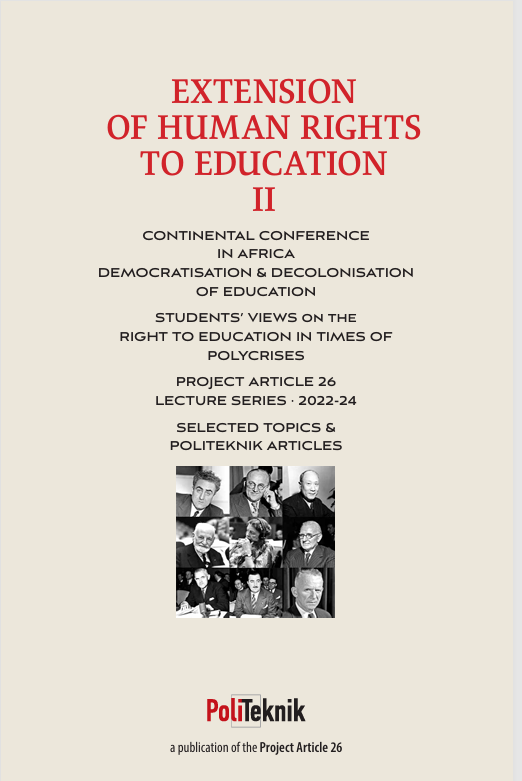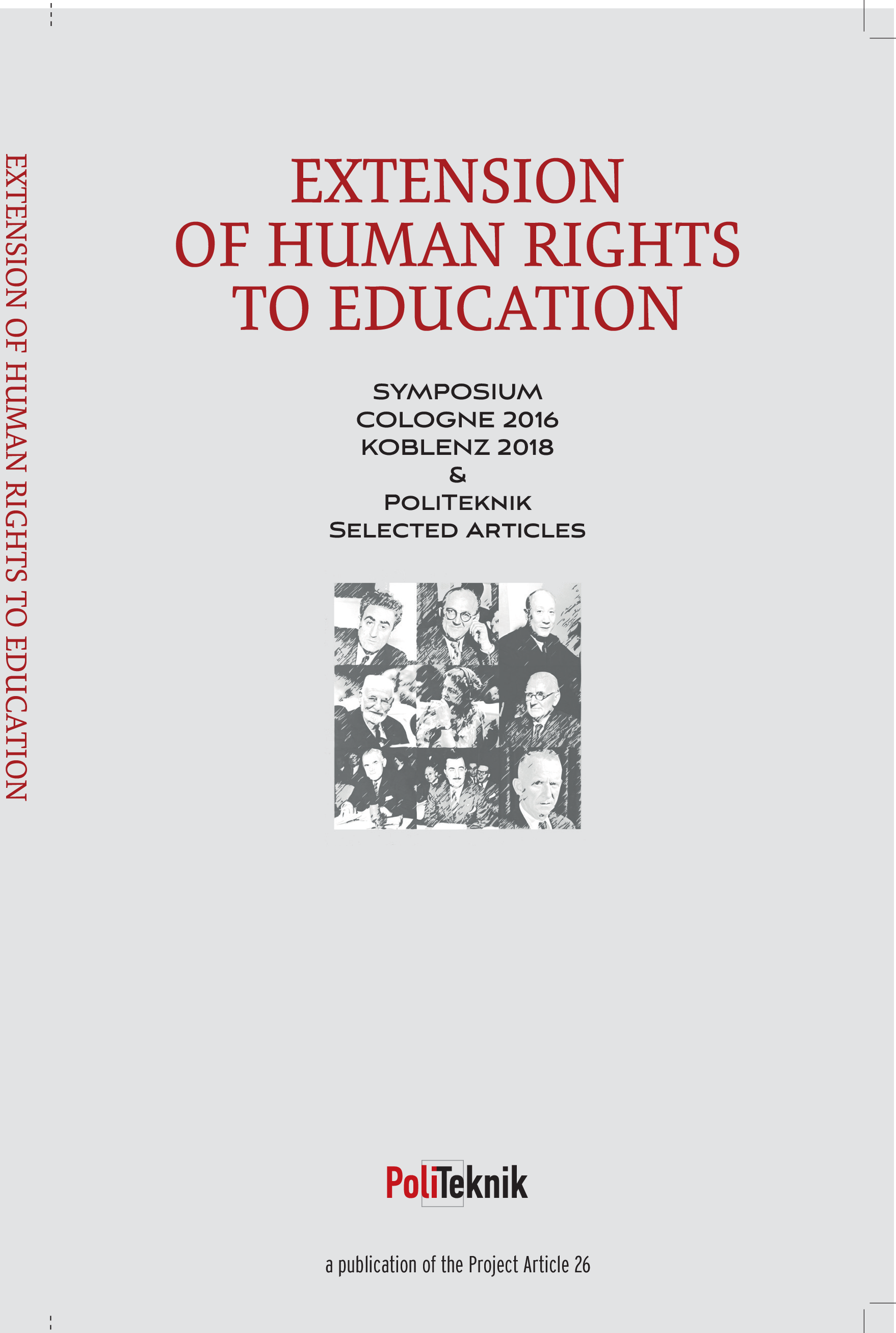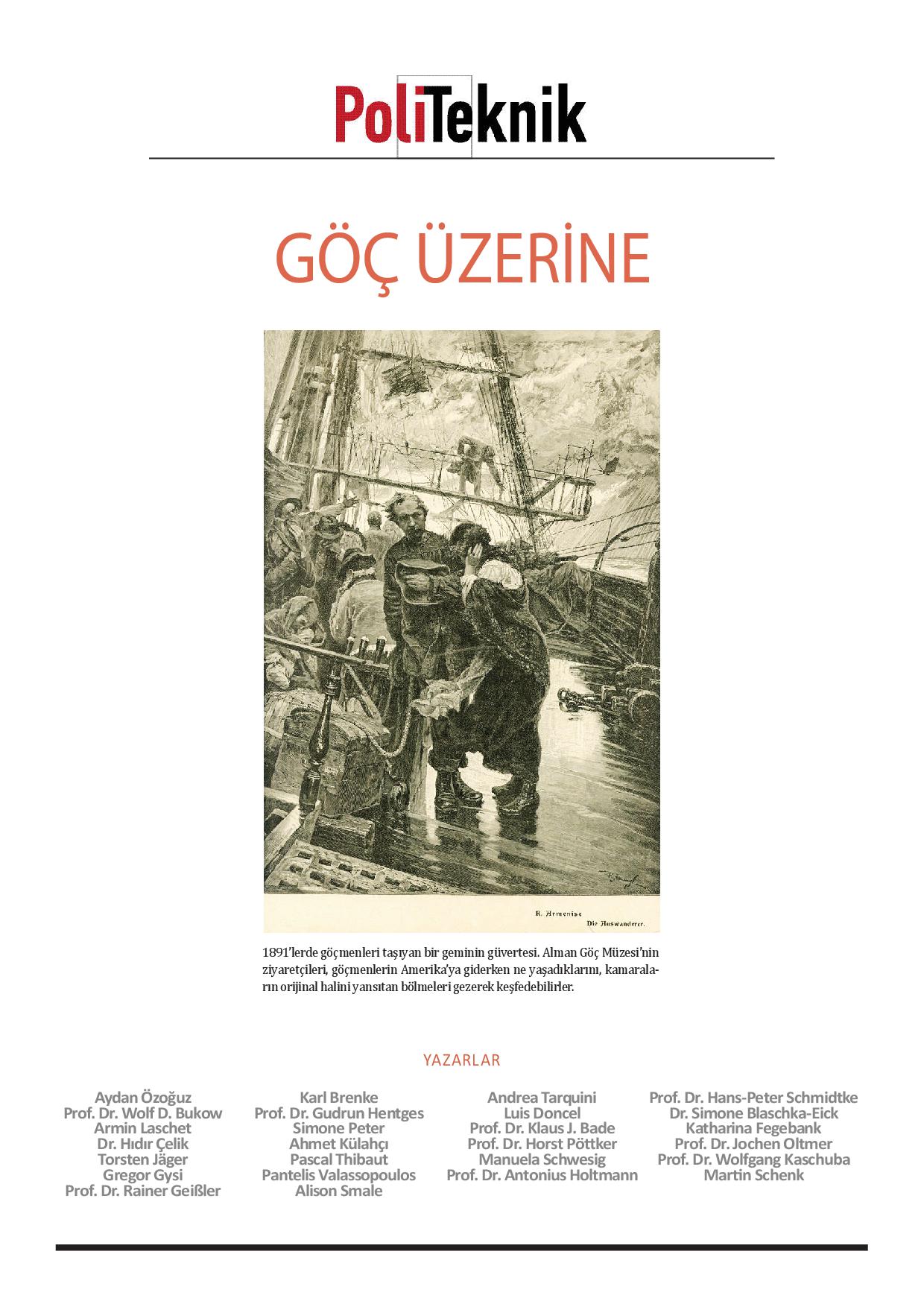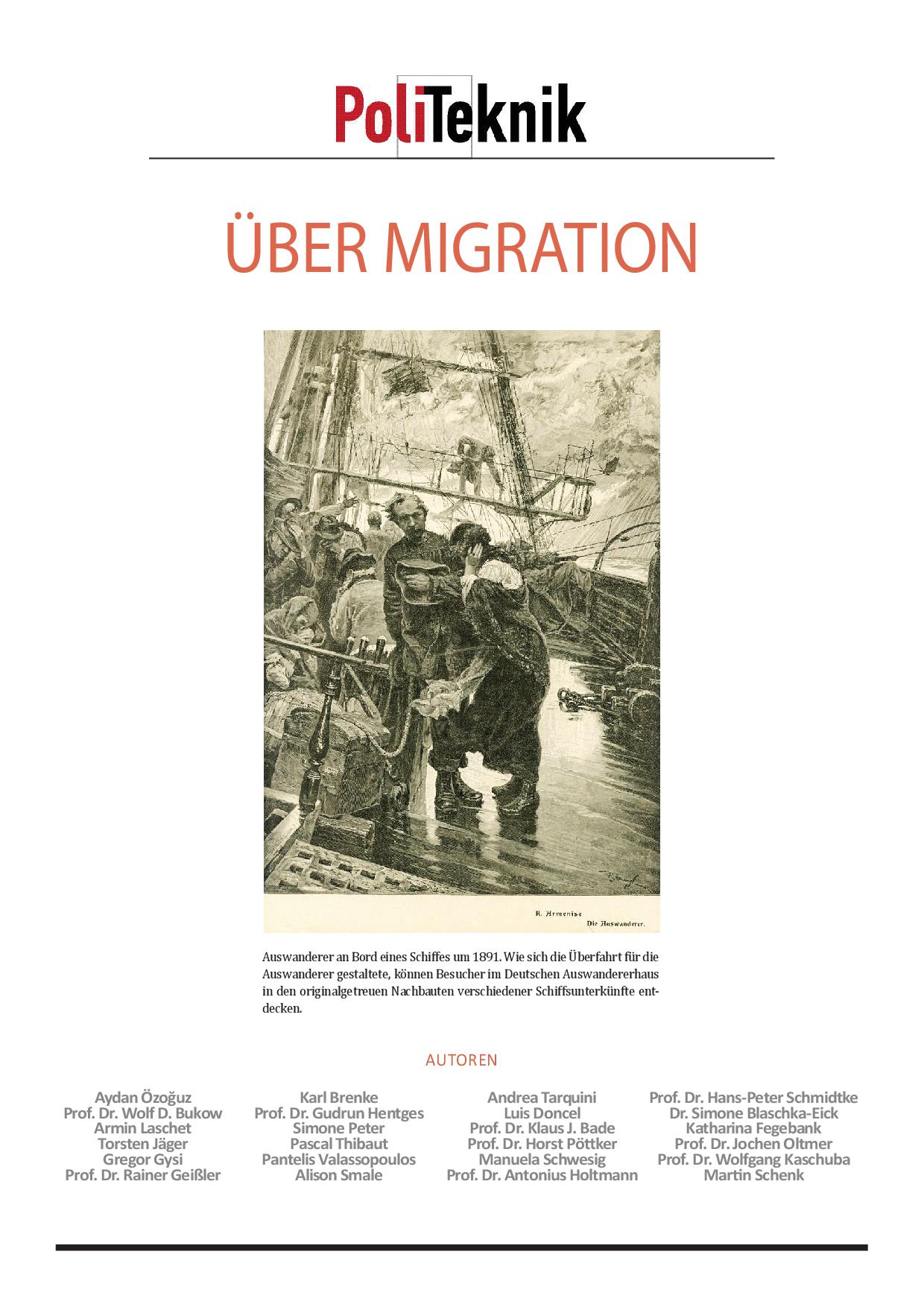The British parliament held Massachusetts specifically responsible for the growing discomfort and the rebellious wave in the colonies. Thus, they wanted to cut it off from the other colonies around it. This attempt resulted in the colonies’ assembly in a Continental Congress. General of Boston, Thomas Gage wanted to soothe the tension and thus, he ordered that the gunpowder in the factory which is used by the colonies should be seized. However, in the sight of the moved powder, the colonials fell into the rumors that Boston has been bombarded by the British General and his troops. In return, they rushed at the houses of the local Tories. The response from the colonials made General Gage realize that although the king himself gave him the authority to him, his real power was only as about the number his troops (Allison 2011: 19). The residents of the Massachusetts colony acknowledged their local town administration as the only body of authority they answer which was they chose.
The colonials had various small militia groups for fighting against the British; however, they needed a regular army. They decided to take the militiamen from Boston and around to form a regular army of the colonies. They nominated George Washington as the general in command. John Adams proposed the idea and his cousin another well-known patriot, Samuel Adams supported it. Thus, the continental army was formed under the command of George Washington in 1775. The forming of the army brought some questions such as: What was the army’s goal? What were the colonies try to achieve with military power? The answer came with the “Declaration of the Causes and Necessity of Taking Up Arms” in 1775. It laid out the reasons for the need of an army. It stated that the colonies felt neglected and oppressed financially and politically. And finally, how Britain did not even try to dissolve the problem let alone address it without sending troops. However, the resolution still stated that the colonials were the loyal subjects of the British Crown.
One of the early trials for the newly formed continental army was the Battle of Bunker Hill. Overall, it resulted in the British capturing the hill; yet they gave more than thousand casualties to a freshly formed, much less experienced army. This showed that the continental army could fight as well as the British army. Britain was starting to get squeezed in a tight space in North America. One of the proofs of their desperate position is the fact that Lord Dunmore, the appointed governor of Virginia demanded that every slave in Virginia should rise up and fight against their masters. This shows that when the times are tough, drastic measures are set up. It is clear that Lord Dunmore’s decree was not about implementing human rights and equality; moreover, it also shows that human rights were abused for strategical purposes. Allison claims Crown’s control was getting weaker and weaker and its power in America was drawing to a close towards the end of the 1775 (ibid. 25).
In the beginning of the 1776, Thomas Paine, an English man published the Common Sense. It had a significant breakout from the public. The pamphlet claimed a break was necessary between the colonies and Great Britain. “Americans had nothing to gain and everything to lose, by remaining in the British Empire” (ibid. 26). Since the colonies and Britain had to part ways, this also brought the idea of cutting the ties generally with the Europe, meaning that going under another colonial European nation’s rule and staying as their colony was not an option. Countries such as Spain, France, Portugal all were ruled by autocratic king and queens. The new nation would be different, a nation that puts the rights of man above anything else. Thomas Paine made a substantial change in the politics of the colonies in 1776 (ibid. 27). The situation was getting more tense in both sides. Britain requested troops from Russia; however, it was declined. Then, it went to ask from Hannover since King George III, the king of Britain was also the duke of Hannover. Thousands of German troops deployed to America to help the British to take back control. While Britain was asking for troops, the colonials were not sure what to do, independence or staying under Britain? Paine’s pamphlet made the former a popular argument in the political discussions; furthermore, deploying German troops was not received well, which consequently strengthened the argument over independence.
Come the early 1776, the control of the crown in the colonies was over (ibid.). The administration was on the hands of the colonial delegates. However, these delegates were wary to on the limits of their power. They were temporary solutions for the people of the colonies. Now that the influence of the crown failed, the colonies needed something long-lasting if they wanted to stay independent. Under the shadow of these problems, John Adams’ wife, Abigail Adams wrote him a letter saying they should not forget about women and if so, the women will not have a revolution which does not recognize their rights. Yet, Adams’ response was indifferent and dismissive. This correspondence between a husband and a wife shows a glimpse of the various, new and progressive ideas that must be discussed which the American revolution prompted. Since the revolution was justified on basis of no representation, it would be hypocritical of the founding fathers to dismiss the idea of gender equality which they did until women’s suffrage. What about slavery then? Slowly but surely, all these questions would have to be tackled with. Moreover, what will be the position of Native Americans in this scenario? People who lost their land who suffered cultural genocide. Would they get justice they deserve? Allison points out that the revolution however challenging it was, turned out to be much easier compared to the problems which itself opened up for debate (ibid. 31).
“United States Declaration of Independence” starts with defining its purpose. The British colonies in North America are gaining independence and thus leaving the British Empire. It goes on with certain facts that the founders of the nation accept as unquestionable facts of life. The introduction says: “all men are created equal, that they are endowed by their Creator with certain unalienable Rights, that among these are Life, Liberty and the pursuit of Happiness”. It goes on to say if a government does not treat its citizens rights properly, whether it fails to do so, or moreover, attempt to violate them, the people have the absolute right to topple the government and make a new one. This statement clearly shows the United States’ founding fathers see revolutions justifiable. It is also practical for them since they had to justify their own revolution in the beginning. William smith analyses the declaration’s rhetoric as a triple layered hierarchy which God is based on top as the creator of men, men is the creator of government. If the government has become tyrannical and if so, this is derived from a “condition of impiety because God, not the tyrant, is the creator of life” (Smith 1965: 307). Thus, tyranny must be dealt with through revolution and consequently, it is justified.
Bibliography
Allison, R. J. The American Revolution: A Concise History. Oxford University Press, 2011.
Print.
Smith, William Raymond. “The Rhetoric of the Declaration of Independence.” College English. vol. 26, no. 4, 1965, pp. 306–309. Print.






















